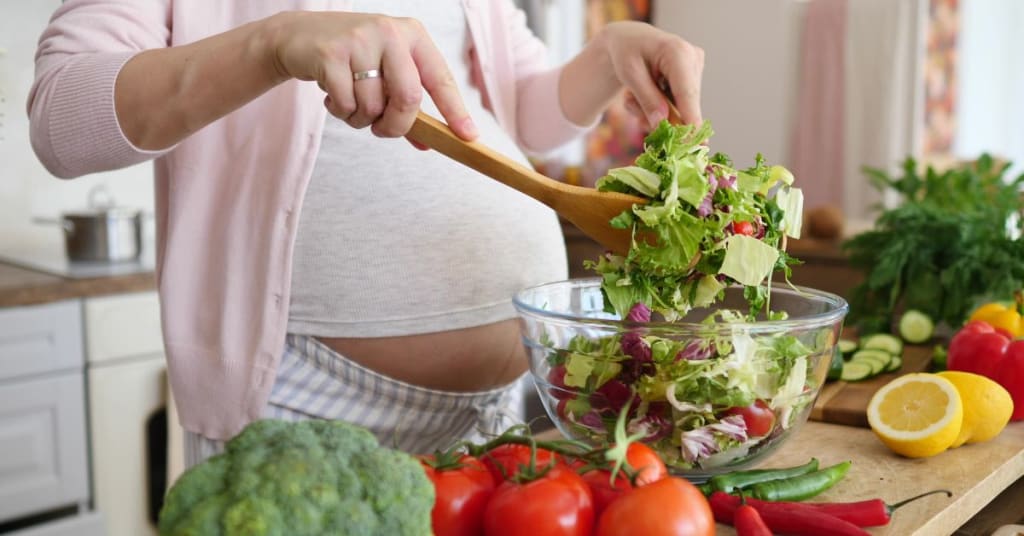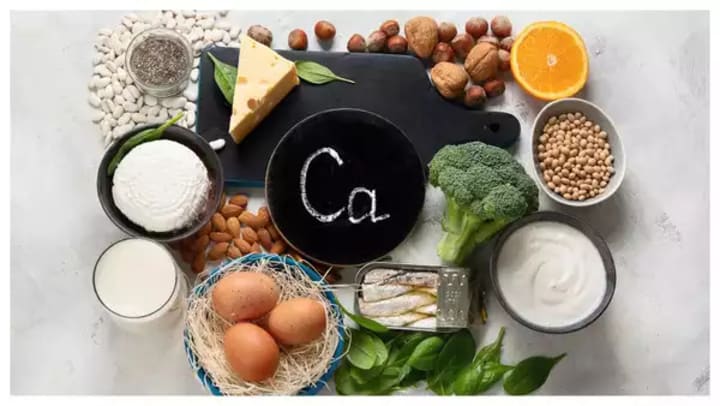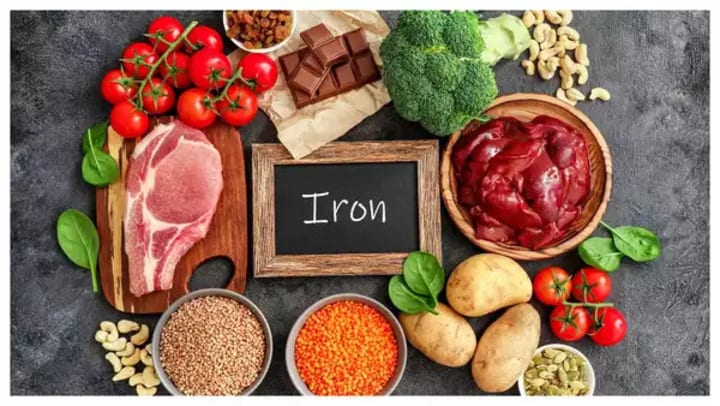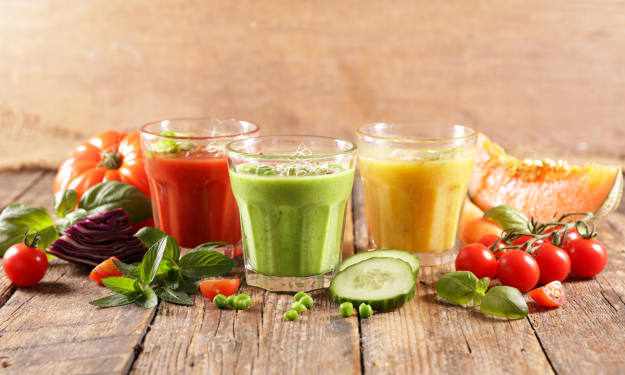Pregnancy Diet: What Foods to Include for a Healthy Baby
A woman's life and body undergo many changes during pregnancy. Nutrition suddenly becomes an important factor to take care of to support baby's growth and development during this time

A woman's life and body go through many changes during pregnancy. Sustenance abruptly turns into a significant element to deal with to help child's development and advancement during this time. A decent eating routine is vital during this time. Neha Ranglani, an integrative nutritionist and wellbeing mentor, offers clever data about the food sources one ought to eat when pregnant to illuminate this pivotal subject:
Pregnancy is a special time when the body goes through numerous changes to support the growth and development of a baby. Along with regular prenatal care, maintaining a healthy diet during pregnancy is essential to ensure the well-being of both the mother and the baby. In this article, we will explore the foods that are important to include in a pregnancy diet for a healthy baby.
Calcium-rich foods
The body needs more calcium during pregnancy to promote the growth of the unborn child's bones and teeth. Include nuts like almonds in your diet. Almonds are high in calcium (contain 269 mg per 100 g serving). Calcium contributes to normal energy-yielding metabolism. Include dairy items such as milk, cheese, and yogurt in your diet. You can also choose fortified plant-based milk substitutes like soy milk if you have a lactose intolerance or eat a vegan diet. Apart from almonds, leafy green vegetables are also a great source of calcium.

Omega-3 fatty acids
DHA (docosahexaenoic corrosive), a kind of omega-3 unsaturated fat, is essential for your child's mind and eye improvement. Remember greasy fish for your eating routine high in omega-3 unsaturated fats, like mackerel, sardines, and salmon. You can in any case gain DHA from plant-based food sources like flaxseeds, pecans, and chia seeds in the event that you don't eat fish. On the other hand, think about taking a great omega-3 enhancement subsequent to talking with your primary care physician.
Protein-packed foods
Both you and your unborn kid's tissues need protein to create and fix. To meet your protein needs, incorporate lean meats, poultry, fish, eggs, dairy, lentils, and tofu in your dinners. Non-meat eaters have extraordinary choices in vegan sources like almonds, lentils, chickpeas, quinoa, and Greek yogurt. Almonds are a wellspring of high protein and add to keeping up with ordinary bones.

Colourful fruites and vegetables
Fruites grown from the ground are loaded with nutrients, minerals, and fiber. Plan to remember different bright choices for your eating regimen to guarantee you get many supplements. Broccoli, chime peppers, carrots, berries, oranges, mangoes, and papayas are nutritious and delectable. In any case, it is vital to wash them completely to dispose of any expected microorganisms or pesticides.
Iron rich food
Hemoglobin, which conveys oxygen to your unborn youngster and dodges paleness all through pregnancy, is created with the assistance of iron, which is fundamental for this cycle. Lean meats, chicken, fish, beans, almonds, lentils, and entire grains sustained with iron ought to be generally remembered for your eating routine. Iron ingestion can be improved by eating these feasts and L-ascorbic acid rich food sources like citrus natural products or chime peppers.

Folate-rich foods
Folate, also known as folic acid, is crucial for the baby's neural tube development. Include foods such as leafy green vegetables (spinach, kale), legumes, citrus fruits, and fortified cereals to meet your folate needs.
Healthy fats
Incorporate healthy fats like avocados, olive oil, nuts, and seeds into your diet. These fats provide essential nutrients and support the baby's development.
Hydration
Staying hydrated is vital during pregnancy. Aim for at least 8-10 glasses of water per day. You can also include herbal teas, fresh fruit juices (without added sugar), and coconut water.
Foods to avoid
During pregnancy, it is important to avoid certain foods that may pose a risk of foodborne illnesses or harm to the baby. These include raw or undercooked meat, unpasteurized dairy products, raw eggs, certain seafood (high in mercury), and processed or deli meats.
Remember, it's essential to consult with your healthcare provider or a registered dietitian for personalized advice based on your specific nutritional needs and any pregnancy-related conditions you may have.
In conclusion, maintaining a well-balanced and nutritious diet during pregnancy is crucial for the healthy growth and development of your baby. Including a variety of nutrient-dense foods from different food groups ensures that you and your baby receive the necessary vitamins, minerals, and macronutrients. Prioritize wholesome, unprocessed options and stay hydrated for a healthy and happy pregnancy journey.
About the Creator
Sumedh Barsagade
I am a software developer with over 5 years of experience in the industry. Individual. I am always looking for new challenges and opportunities to learn and grow. I am also a team player and I am always willing to help others.





Comments
There are no comments for this story
Be the first to respond and start the conversation.